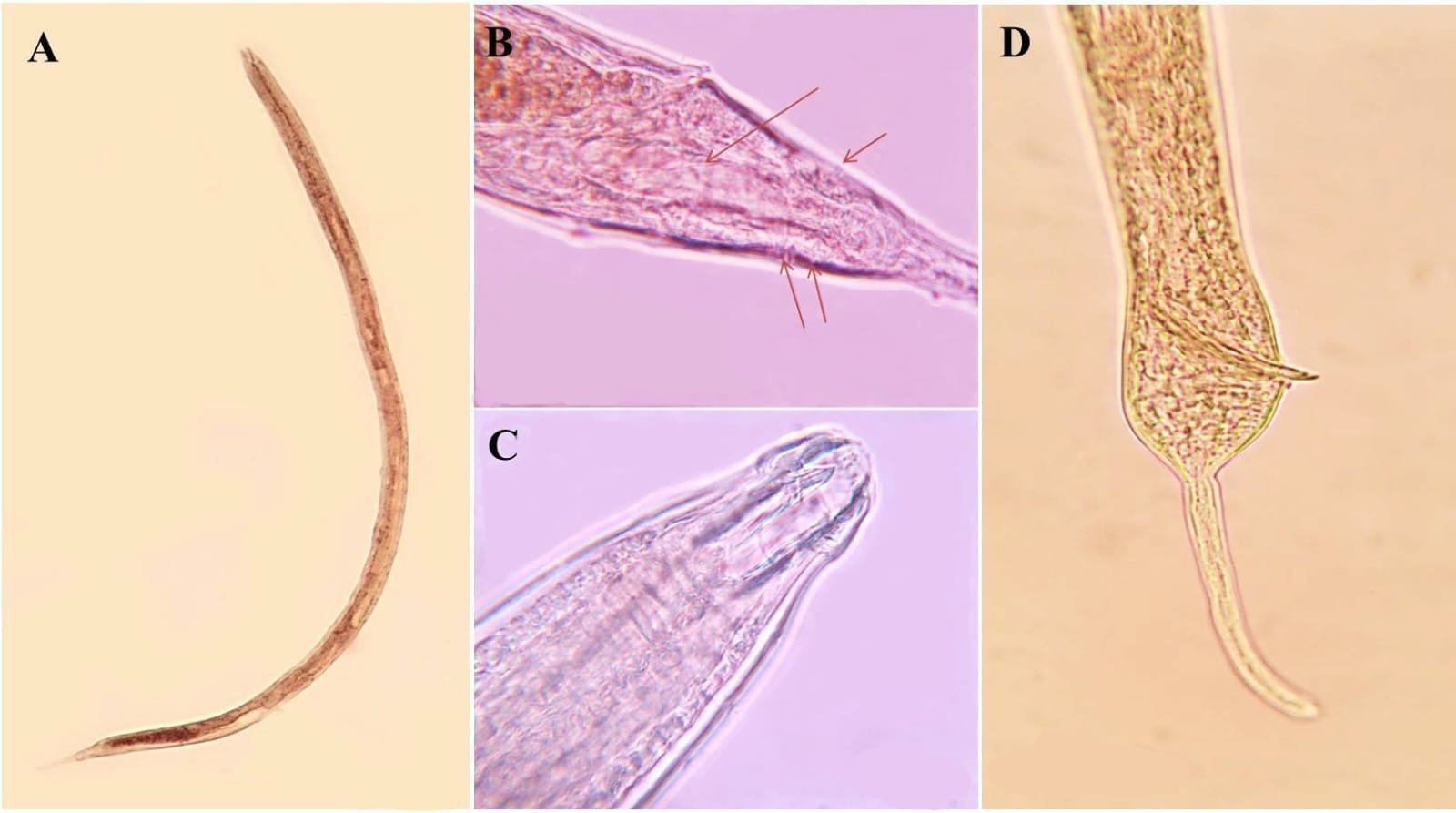Berhampur:Researchers group of Berhampur University have claimed to have discovered a new species of free-living marine nematodes or roundworms from Chilika Lake, Asia’s largest brackish water lagoon.The species belongs to the genus Admirandus and its discovery marks the first report of it from the northern Indian Ocean.In the researchers group,Suman Patra,a research scholar in the Marine Science department of the university under the guidance of Shesdev Patro,assistant professor in the same department, Amita Kumari Choudhury,a research scholar in the Department of Zoology,School of Bioengineering and Biosciences,Lovely Professional University,was also involved in the research.The specie was earlier reported from Africa,said the the researchers.The new species was named ‘Admirandus odishaensis’ in honour of the state of Odisha,as it was found in the state.Previously,only four valid species were known in this genus.With this discovery,the count rises to five,expanding the known diversity of this cosmopolitan group of free-living marine nematodes, said Patra.Daniel Leduc, a renowned nematologist of the National Institute of Water and Atmospheric Research,New Zealand,has supported the researchers in species identification.The details about the new species were published in the ‘Journal of Natural History’ on Tuesday.The researchers had collected at least six specimens of the new species from the outer channel of the Chilika near Satapada in November 2023.After a lengthy study, they confirmed it was first discovered in the Chilika and the northern Indian Ocean.“Marine nematodes are extremely sensitive to environmental fluctuations and serve as important bio-indicators of ecosystem health,” said Patro.Despite their microscopic size,the nematodes play a vital role in benthic ecosystems.Their short life cycles and adaptability make them valuable for monitoring ecological conditions.The researchers note the ecologically rich coast of Odisha remains largely unexplored when it comes to microscopic benthic fauna like nematodes.Their discovery highlights the urgent need for more dedicated research and long-term ecological monitoring in the region.The team hopes their work will inspire further studies and uncover even more hidden biodiversity in India’s coastal ecosystem.
Related Posts
CISF lifts the running trophy as the best team in the 28th Annual NHRC debate
State / December 26, 2023
BSKY Scribes Record Growth
State / December 26, 2023




